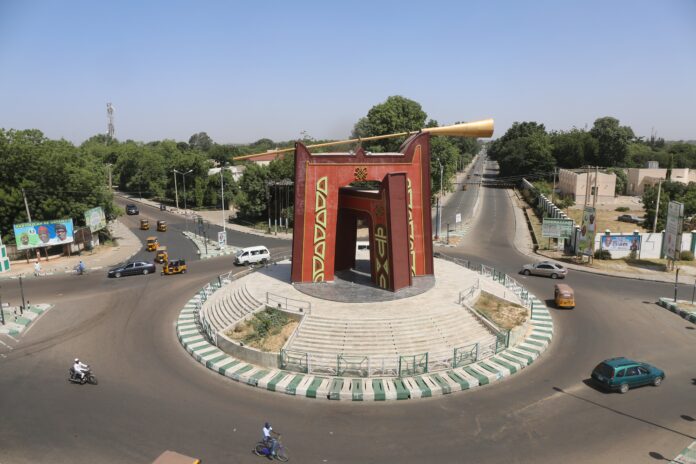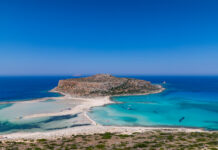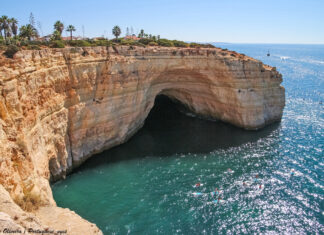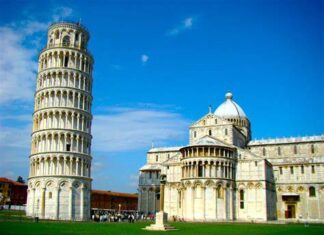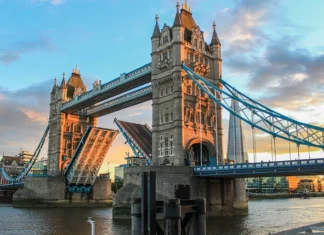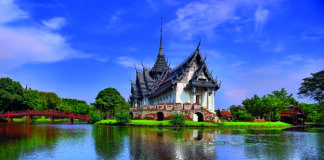Kano, one of the ancient cities in Nigeria, is a bustling hub that offers a rich blend of history, culture, and modernity. Situated in the northern region of Nigeria, Kano is a city that prides itself on its captivating historical background and dynamic way of life. This guide will take you through the food, culture, travel tips, interesting facts, and top places in Kano City.
Food
Kano City has a plethora of dishes that reflect the city's heritage and the region's agricultural abundance.
Tuwon Shinkafa A popular local dish, Tuwon Shinkafa is a thick pudding prepared from local rice or maize. It is typically served with a rich soup like Miyan Kuka (Baobab leaf soup) or Miyan Taushe (Pumpkin soup).
Dan Wake These are bean dumplings served with spicy sauce and are usually enjoyed as a snack or breakfast.
Fura da Nono is a refreshing drink made from fermented milk and millet grains, often sold by street vendors.
Grilled Fish and Suya Kano is also famous for its grilled fish and Suya (spicy meat skewers), primarily enjoyed in the evenings.

Culture
Kano's culture is steeped in history, and the city remains the center of Hausa culture.
Dress Traditional attire in Kano typically consists of flowing gowns known as 'Babban Riga,' accompanied by embroidered caps (Hula).
Durbar Festival, One of Kano's most significant cultural events is the Durbar Festival. It is celebrated at the culmination of Eid al-Fitr and Eid al-Adha Muslim festivals. It features a royal parade of thousands of men on horses, each group wearing unique colors and brandishing swords.
Crafts and Dye Pits Kano is famous for its traditional crafts, including indigo-dyed cloth known as 'Adire.' The Kofar Mata Dye Pits are over five centuries old and are used to dye fabrics in indigo in traditional ways.

Travel Tips
For a smooth experience in Kano, consider the following tips:
Show Reverence for Local Customs: Kano is mainly a Muslim community, and it is imperative to honor and abide by the local traditions and customs. Dress modestly and be aware of religious sensitivities.
Stay Hydrated Kano can be very hot, especially during the dry season. Staying hydrated by consuming ample water and protecting yourself from the sun's rays is crucial.
Local Transportation Rickshaws and taxis are common in Kano. Negotiate the fare before getting in, as prices are not usually fixed.
Interesting Facts
- Kano is one of the most ancient cities in Africa, with a history dating back over 1,000 years.
- It was an important center in the trans-Saharan trade route, and its wealth historically came from trade and agriculture.
- The historic walls of Kano City, which extend over 14 kilometers, were constructed in the 14th century.
Top Places
Kano offers a blend of historical and modern attractions.
The Kano City Wall This is a historical 14th-century wall built to protect the inhabitants of Kano. It is an excellent place to learn about the ancient history of Kano.
Kofar Mata Dye Pits This is one of the oldest surviving dye pits in Africa and a place where traditional dyeing is still practiced.
Gidan Rumfa (Emir's Palace) This palace is over 500 years old and serves as the home of the Emir of Kano. Although access to the palace's interior is limited, one can still appreciate the magnificent architecture from the exterior.
Faladori Market One of the largest markets in Nigeria, it is a must-visit for anyone looking to buy traditional crafts, textiles, and various goods.
Kano State Zoological Gardens is an excellent place for families; this zoo is home to various animals, including lions, elephants, and several species of birds.
Kurmi Market One of the oldest markets in West Africa, this bustling market offers a variety of goods, from traditional crafts to modern wares.
Museum of Kano Learns about the history and culture of Kano and the surrounding region at this museum, which features artifacts, crafts, and historical documents.
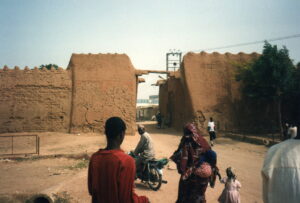
Kano City is a treasure trove of history and culture. It's a place where the ancient and modern coexist, offering visitors a glimpse into the rich tapestry of Hausa culture and the historical importance of Kano in African history. From savoring the delicious local cuisine, immersing yourself in the vibrant culture, and shopping in the ancient markets to visiting historical landmarks, Kano promises an enriching and unforgettable experience.

